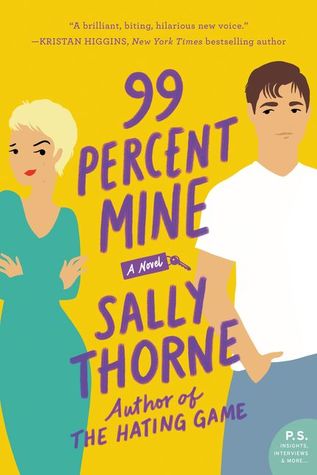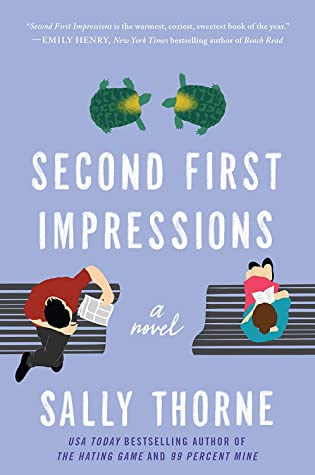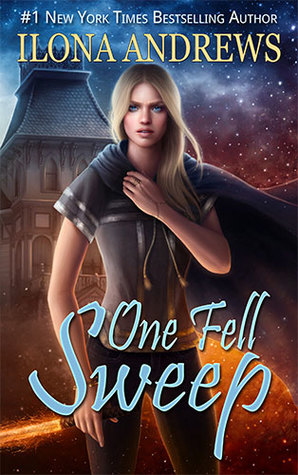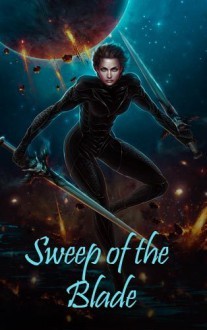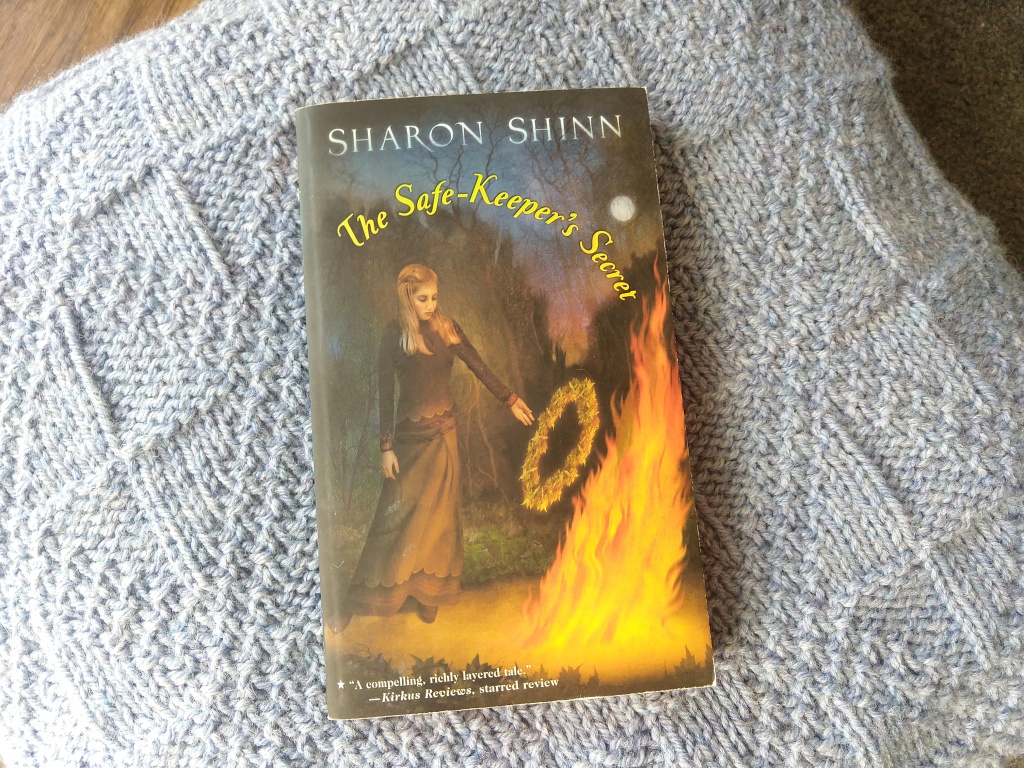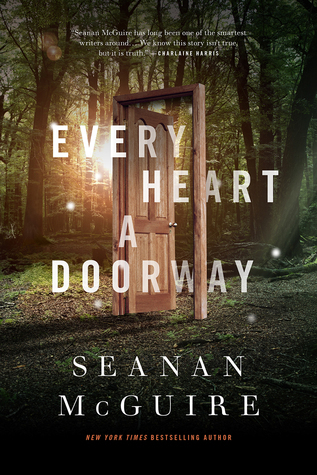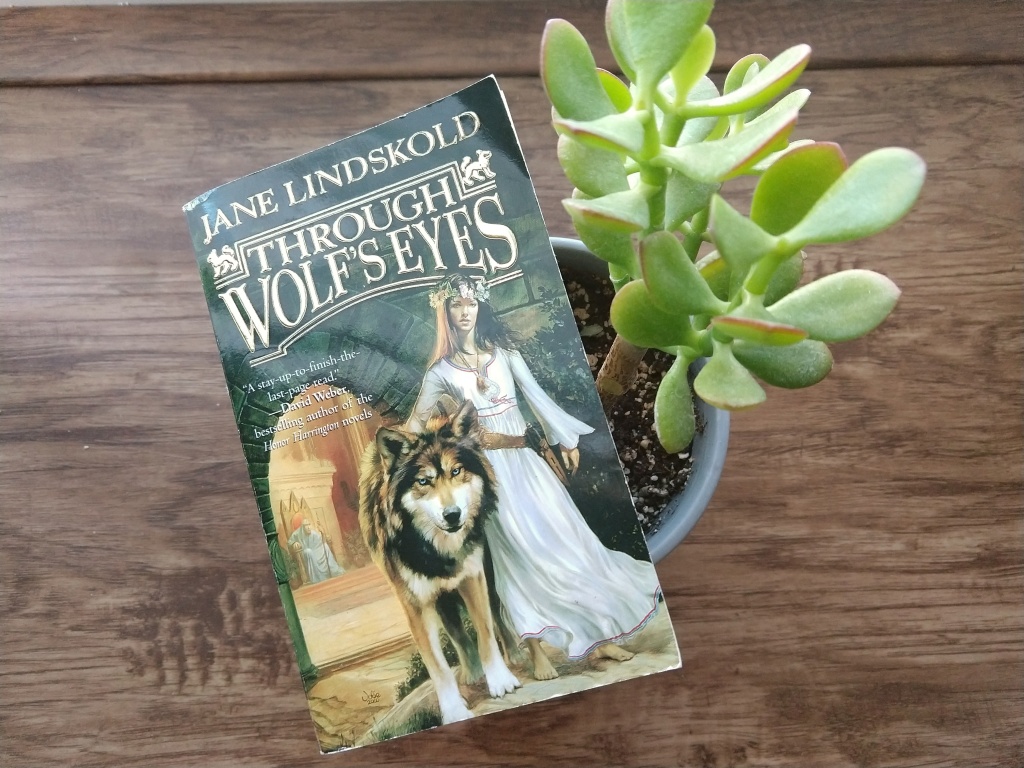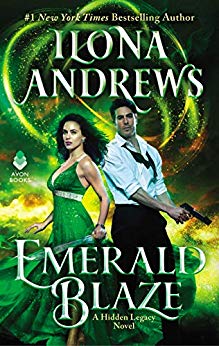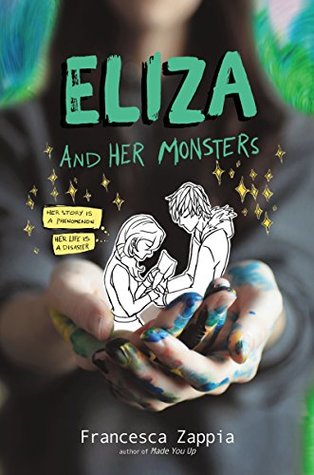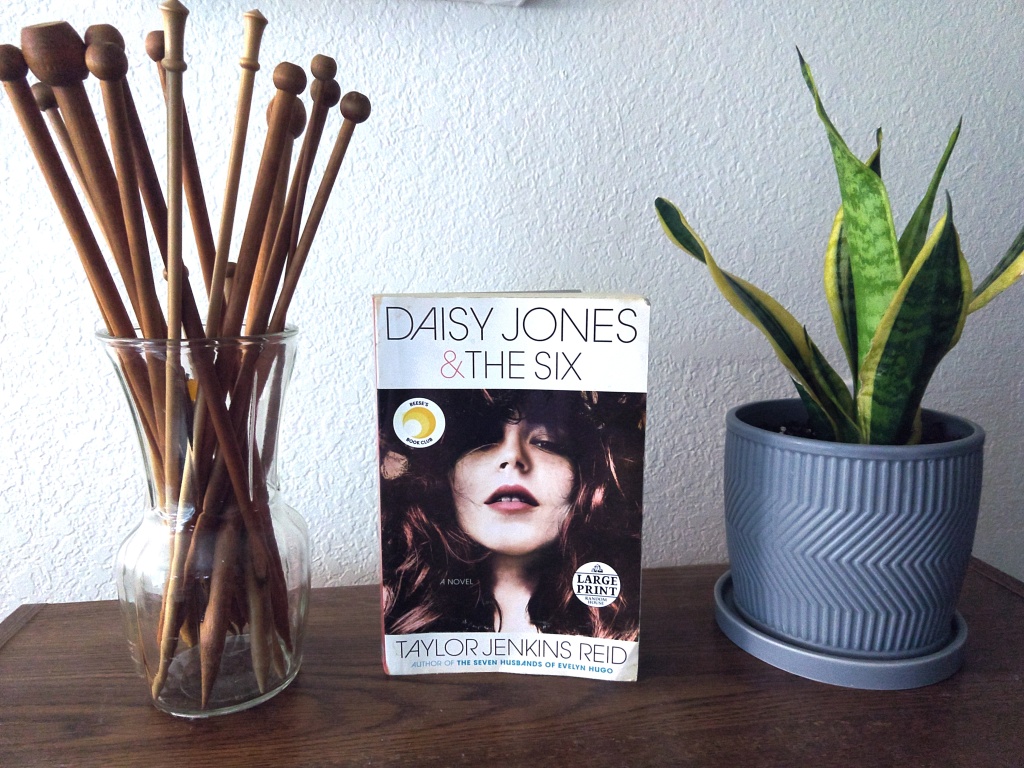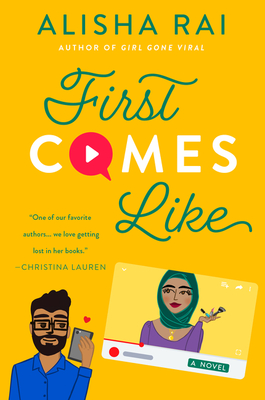
#24 – Letters from a Stoic, by Seneca, translated by Richard Mott Gummere
- Rating: 1/5 stars
This is not a review of the philosophy of Stoicism, which I am still interested in learning about.
This is a review of Seneca’s incredibly long, dry, repetitive presentation of his views on Stoicism, which I could not force myself to read at a pace more than ten or fifteen minutes at a time before I became incredibly frustrated by his pedantic style. DNF @ roughly 50%, and I’m honestly amazed I stuck with it that long.
I started the book full of enthusiasm and vigor, highlighting a scattering of sentences here and there that stood out as particularly brilliant among the fluff of him addressing Lucilius (and obvious future readers) directly, making small talk about presumably famous figures of the time that I’ve never heard of because I’m not a classicist, and repeating himself several times after he makes a strong point. I chugged along for the first hour or so in one sitting, feeling proud of myself for how much I was getting out of it. That’s when I noticed I’d read about 6% of the book. That was discouraging, because I was already feeling like I was panning for gold in muddy waters, and that’s when my pace slowed considerably.
Not too long after that, I reached the letter that basically admonished me directly for trying to distill any study of philosophy into single important sentences, ie, it must be studied as whole. Um, no thanks, Seneca, you badly needed an editor, because you frequently take eight to ten pages to make a one-paragraph point. I don’t see the need to treat your every word as equally valid and important, especially when I have to discard anything you say about women, because you came from a rigidly sexist society. Whatever infrequent noise you make about equality–and your views on slavery, as I understand them, are somewhat radical for the time–you still show an amazing amount of gender bias. I can separate the tenets of Stoicism from your inherent sexism and judge them independently of that in a modern context, but that doesn’t make it pleasant to read, as a woman, that philosophy is a boys’ club, and your view of a woman’s place is essentially, to use a modern phrase, barefoot and pregnant in the kitchen.
As the letters went on, I began to notice that the repetition was extending from the micro to the macro level–I was already used to his rambling within a letter, but then multiple letters on similar topics began to show up in batches. How many times was it really necessary to write only the most minor variations on the topic of impending death? I’m sure a glance at the table of contents would reveal my hyperbole, but towards the middle of the book it felt like at least 70% of the letters were Seneca navel-gazing about his own mortality, and how amazing it was that he had figured out how to look death in the face and not flinch. Yes, it’s an uncomfortable topic for me, not because I’m at an age when death could reasonably come at any time, but because my parents are elderly and having various health problems, so losing them is something I may have to face soon. (Or they may bounce back and live another twenty years–impossible to know for sure, just as I could have an aneurysm or get hit by a truck tomorrow.) But even trying to be Stoic and read about death without having a wild emotional reaction, I didn’t find much useful in Seneca’s treatment of the topic, because it was very much personal, about himself, and eventually took on a tone of self-aggrandizement, no matter how much he purported to be self-effacing about his own accomplishments in philosophy, no matter how much he denigrated others who sought attention and acclaim through philosophy.
I just got tired of it all.
This is only my first foray into the classics of Stoicism, and I’ll take a break to recover, but I’m not giving up. Modern works on Modern Stoicism are of interest to me too, if I can sift through the enormous amount of them to find the good ones that don’t just look like thin, slickly packaged self-help screeds trying to make a buck; unfortunately there seem to be a lot of those.
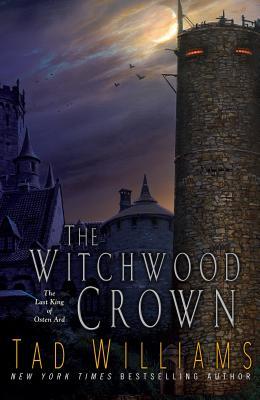
#25 – The Witchwood Crown, by Tad Williams
- Rating: 3/5 stars
Because Goodreads has no half stars, call this a 3.5 rating.
It’s good. I’m not abandoning the series after the first book like I did last year with Shadowmarch, which was an incredible disappointment. But this did feel a little lackluster.
It’s big, it’s complex, it’s intricately plotted and I see where some of the plot threads are (possibly) headed in the future. All those things were true of the original Memory, Sorrow, and Thorn trilogy. But here I feel like it was almost needlessly complex, with far more POV characters than necessary, and far too few things resolved. More than any other Williams novel-from-a-series I’ve read, even the Otherland novels, this feels like it’s only setup, that very little actually happens and nothing of any import is resolved. Yes, it’s only the first book. But there’s not even the smallest sense of closure to make it feel like a story in its own right, rather than merely the opening to a larger tale.
So that’s one major problem I have. The other is that for all the familiar names on these pages, I feel like I don’t recognize these characters. Count Eolair and Binabik are the only ones who feel like natural extensions of who they were–Binabik is basically unchanged, despite the thirty years that have passed, and Eolair is still fundamentally the same person, with the added perspective and exhaustion of his years. But Simon and Miriamele, the main characters and now the High King and Queen, are nothing like I expected them to be; they’re constantly quarreling, fretting, or having sex. Sex was not absent from the original trilogy, and neither here nor there was it ever romance-novel-style explicit sex, but I was honestly surprised at how often important conversations between our monarchs needed to happen in bed; do they not see each other anywhere else besides formal audiences? It felt strange and repetitive.
As for the new characters, they’re all over the place. Because there are so many and they need to share page time with the returning characters, some of them may not have gotten enough development (yet) to make them shine; because I don’t know where all these newly established plot threads are going, I may appreciate their associated characters more after the story continues. I don’t dislike any of the individual characters or their subplots in the same way I hated a few from Shadowmarch, but there are only a few I feel truly invested in, primarily Tzoja, Nezeru, and Jarnulf. I wanted to either like, or at least be more interested in, our princeling Morgan, but even once the plot kicks him in the pants, he’s still a remarkably spoiled brat, and he doesn’t get his “oh shit now I’m alone and in danger” moment until the end of the book, where Simon had to go through that (thus starting his resulting growth arc) comparatively much sooner. I was getting impatient for Morgan to grow up, and that apparently doesn’t start until the next book.
I’m complaining a lot, I know, but this had really big shoes to fill. It’s entirely possible I’ll like it better once we have the whole thing; on the other hand, I loved The Dragonbone Chair unreservedly from the start, so as good as this is and might someday be with added context, it’s not quite the smashing return to Osten Ard I was hoping for.


